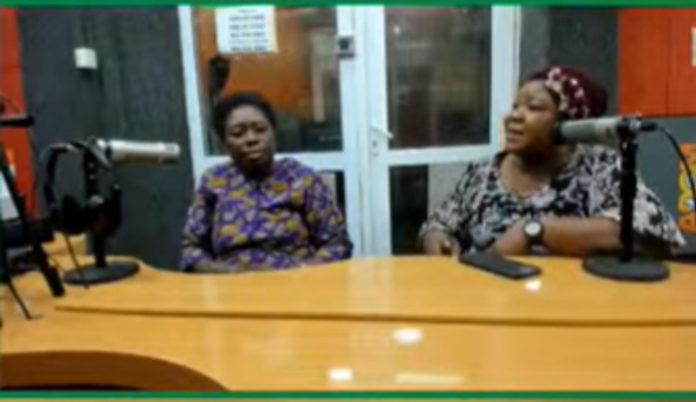
Susan Aryeetey, Executive Director of the International Federation of Women Lawyers in Ghana (FIDA-Ghana), has outlined key obstacles preventing women from active participation in politics.
During a panel discussion on Adom FM‘s morning show, Dwaso Nsem, Aryeetey highlighted the financial barrier in Ghanaian politics, noting that it is prohibitively expensive for many women to engage due to financial constraints.
“Politics in our country demands substantial financial resources, which many women lack,” Aryeetey remarked.
“Considering family responsibilities, women are often hesitant to take on financial burdens associated with political campaigns,” she added.
She also addressed the societal scrutiny women face based on their marital status, asserting that this unfairly impacts their perceived capability for leadership roles.
“Women’s marital status becomes a focal point, influencing judgments on their suitability for leadership positions,” Aryeetey explained. “There’s a prevailing bias that measures a woman’s commitment and capacity based on her marital status, often hindering her political aspirations.”
Bashiratu Kamal, overseeing gender affairs at the Ghana Agriculture Workers Union, echoed Aryeetey’s sentiments, emphasizing the need for a shift in cultural and religious perceptions to align with evolving legal frameworks promoting gender inclusivity.
“While legal reforms are progressing, entrenched cultural and religious beliefs impede women’s advancement in politics,” Kamal remarked. “We must challenge these mindsets to recognize and embrace women as capable leaders.”
Aryeetey urged governmental and political entities to enact policies fostering greater gender representation in politics, advocating for inclusive laws and deliberate efforts by political parties to support women candidates.
“We require legislative measures to enhance women’s participation in politics,” Aryeetey urged. “Political parties should prioritize policies that empower and elevate women. Furthermore, women voters should rally behind female candidates during elections.”
Kamal emphasized the importance of evaluating women based on their professional capabilities rather than personal circumstances.
“Let’s assess women based on their professional merits, not personal aspects like marital status,” Kamal emphasized.
According to the United Nations Development Programme (UNDP), the 2020 general elections in Ghana saw only 40 female Members of Parliament, representing a mere 14.5%, compared to 235 male MPs, highlighting the urgent need for gender parity in political representation.
READ MORE:
